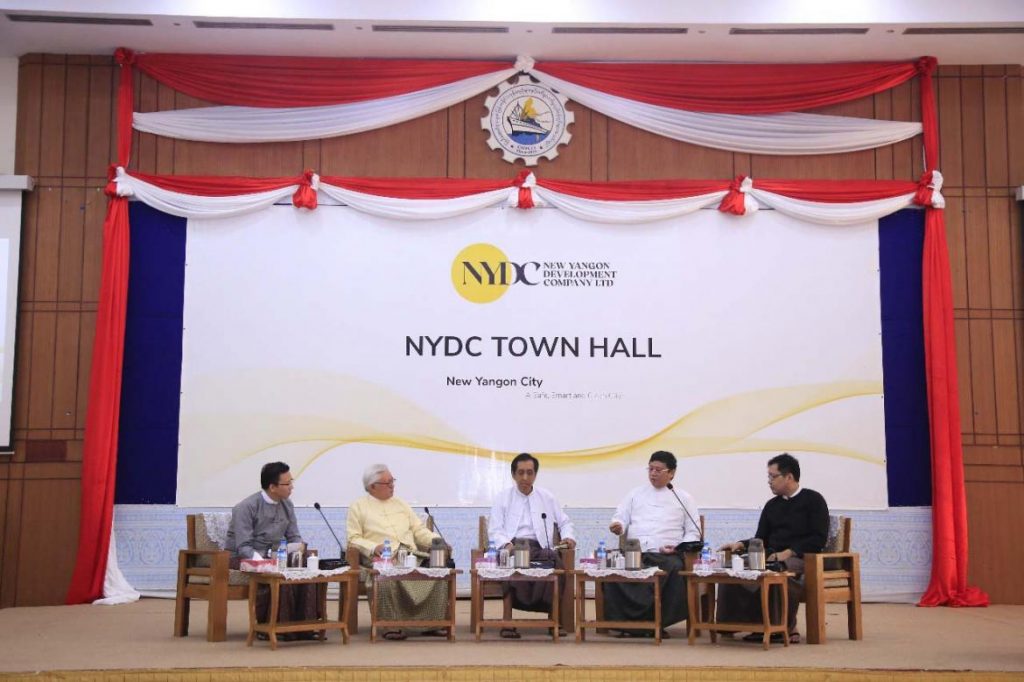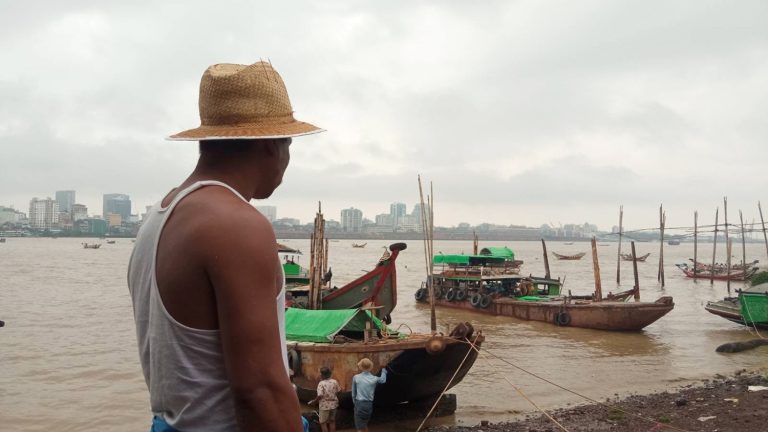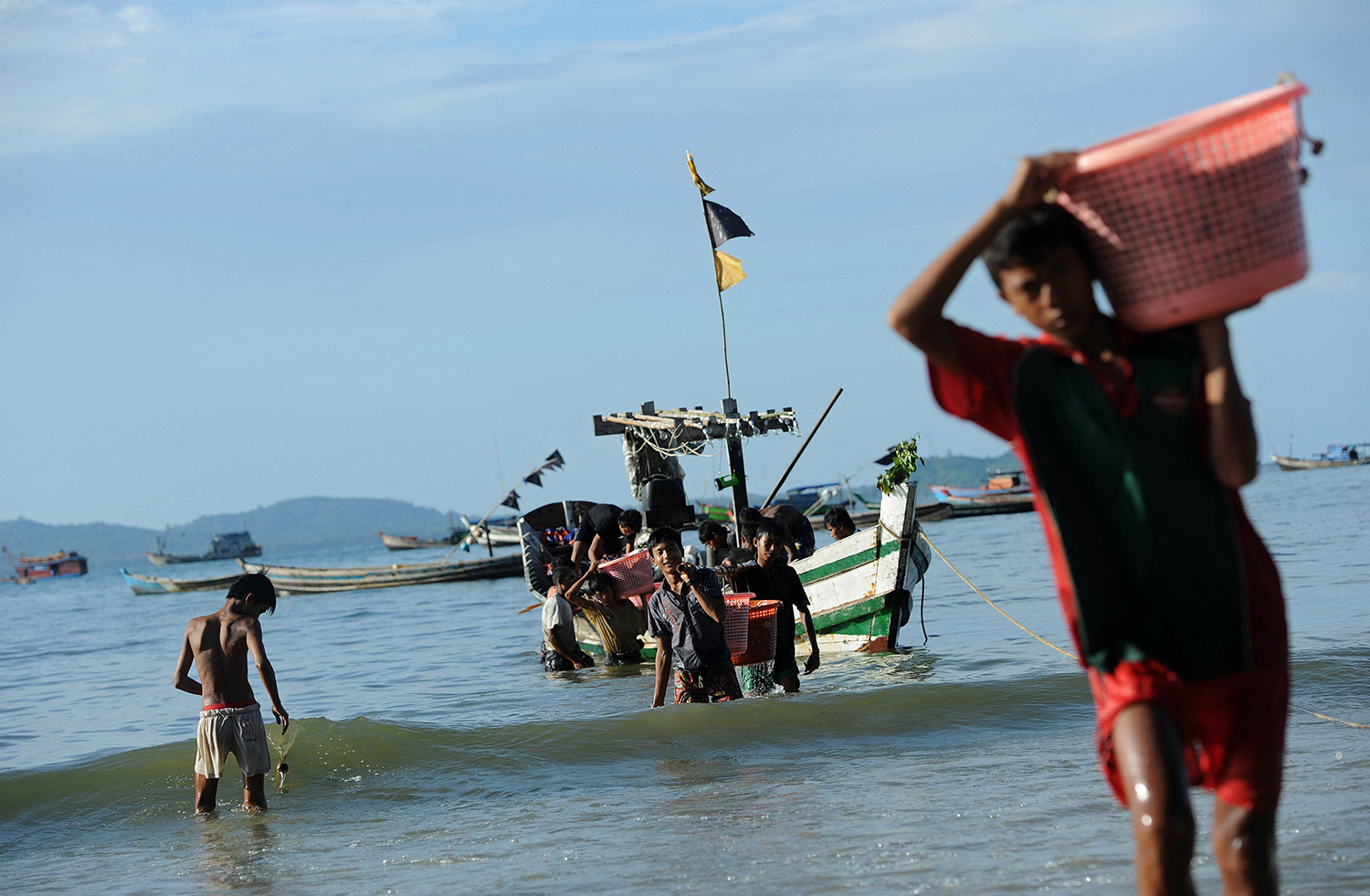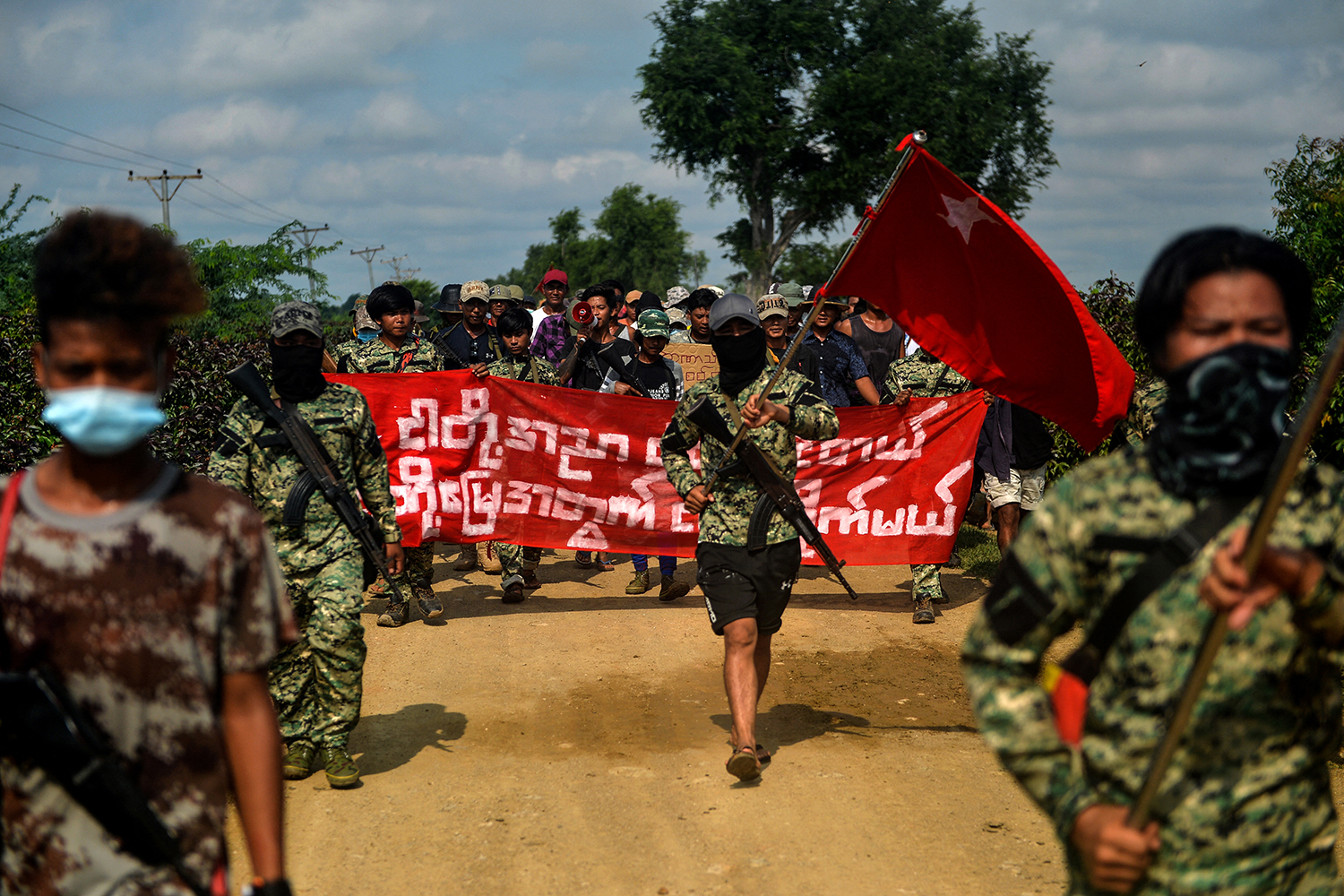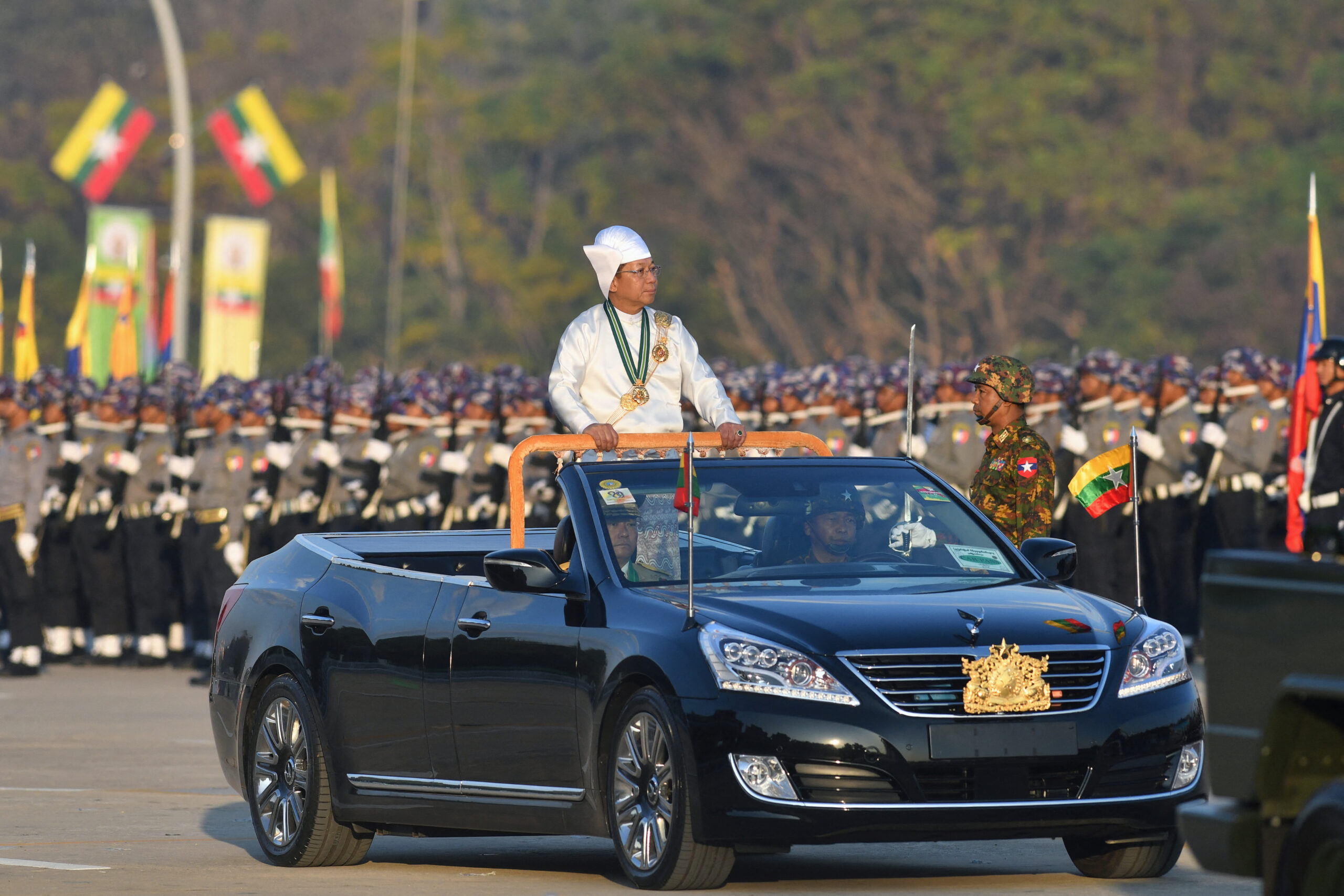By KYAW YE LYNN | FRONTIER
YANGON – New Yangon Development Company chief executive officer Mr Serge Pun has defended the government’s role in the multi-billion-dollar project, saying its only ambition is to attract private sector investment.
“The whole [New Yangon City] project will be implemented with 100 percent investment from the private sector,” Pun said at a “town hall meeting” in Yangon on Saturday that was held to respond to questions surrounding the new city project.
NYDC, which was launched in March, aims to attract US$5 billion in investment to turn an undeveloped part of Yangon Region west of the city into a thriving commercial and residential hub twice the size of Singapore.
NYDC is the development vehicle for the project. While it is 100 percent owned by the Yangon Region government, its board contains three independent directors – Pun, former Singaporean foreign minister Mr George Yeo and former senior United Nations official U Tun Myat – and two government representatives.
Support more independent journalism like this. Sign up to be a Frontier member.
Concerns over the government getting involved in business were the first issues raised by the three other panellists – U Khine Win, founder of Sandhi Governance Institute; U Ye Myat Thu, managing director of Alpha Mandalay Company, and U Zeya Thu, deputy chief editor of The Voice – at the town hall, which was held at the UMFCCI.
The three panellists were selected because they had publicly expressed concerns about the new city endeavour. During the town hall they raised the disastrous history of Myanmar government involvement in business, particularly the nationalization campaign that followed the 1962 coup.
Pun told a crowd of about 600 that he generally agreed with the principle that government should stay out of business, but said NYDC was established only to attract private investment.
“The whole project will cost $5 billion, but we have only around $7 million,” he said. “We don’t have money [for the project]. The company doesn’t have enough capital. The country is poor. So we will have to attract investors. That’s our only business. Some may think the task isn’t that difficult – but no, it is difficult.”
He said trust would be vital for attracting investment, as the government could not force the private sector to put money into the venture, and a government-backed company was the best way forward.
“A government committee could have changes of members or be abolished at any time depending on the political situation. No investor would be willing to take such a great risk,” he said. “A government pledge is needed. It is impossible to build this new city without government involvement and guarantee.
“When the chief minister asked me to be involved in the project, the first thing I asked for was to have at least 50 percent independent directors on the board,” he said.
However, Pun declined to respond to a question about whether the New Yangon City project was linked to the campaign for the 2020 general election.
Zeya Thu said he was satisfied with Pun’s responses and was reassured to some extent by Yeo’s involvement as a director.
“He is not that old and has a business career ahead of him so I think he will not tarnish his reputation by doing wrong things in this project,” Zeya Thu said. “On the other hand, I am also concerned about the potential conflict of interest. He is running Kerry Logistics based in Hong Kong. So there’s a question as to how he will handle potential conflicts of interest.”
‘Ultimate transparency’
NYDC has already signed an agreement with state-owned China Communications Construction Company to prepare a detailed project proposal for infrastructure works for phase one of New Yangon City. Pun said the infrastructure work required under phase one has been estimated at $2 billion, and two bridges and 26 kilometres of roads had already been identified as priority projects.
Panellist Khine Win said the decision to choose CCCC without conducting a tender had created concern. In particular, he cited CCCC’s track record in Sri Lanka, where a subsidiary, China Harbour Engineering Company, is undertaking a project called Colombo Harbour City. He said he had read case studies that said Sri Lanka had leased freehold land to CHEC for more than 90 years.
CHEC also built a deepsea port in Sri Lanka that critics claim saddled Sri Lanka with debt and ultimately prompted it to lease the port back to a Chinese company for 99 years.
But Khine Win also noted that NYDC had not yet signed any such agreements with CCCC. “We don’t need to worry as [NYDC] is still in an early stage,” he said.
Pun said there was no risk of a repeat of events in Sri Lanka because the government would not be taking on debt to implement the New Yangon City project.
“The project implementation will be primarily based on a Public-Private Partnership model, with businesses contributing in terms of equity investments,” he said.
In response to the criticism about not calling a tender, Pun said it was to “avoid wasting time” and NYDC would instead use a process modelled on the “Swiss Challenge”. In the case of CCCC, once it has finished its proposal NYDC will publicise the documents and call a tender. If a company bids less than CCCC to build the infrastructure, it will be selected instead but will have to reimburse CCCC for the costs incurred.
“You will see that the NYDC Challenge has ultimate transparency,” Pun said.
Pun also revealed at the town hall meeting that NYDC has also given contracts to foreign firms for a range of other studies and assessments, including a socioeconomic impact assessment, an environmental impact assessment, a flood risk assessment and a traffic impact assessment.
He said the socioeconomic assessment was nearly completed and would be released to the public in around two weeks.
An audience member asked why the government was developing the new town while vacant land was still available in other areas of the city with existing infrastructure, such as Shwepyithar, South Dagon and Dagon Seikkan townships.
“We have to study previous new town projects because we don’t want to repeat the same mistakes,” Pun said. “If I said there will be no serious traffic jam in New Yangon City, you wouldn’t believe me. But we have the chance to do it – it’s in our hands. We can do it. If it has traffic jams, it must be due to our poor planning.”
Correction, June 28: An earlier version of this article stated that Khine Win expressed concern over CCCC’s deepsea port project in Sri Lanka.


